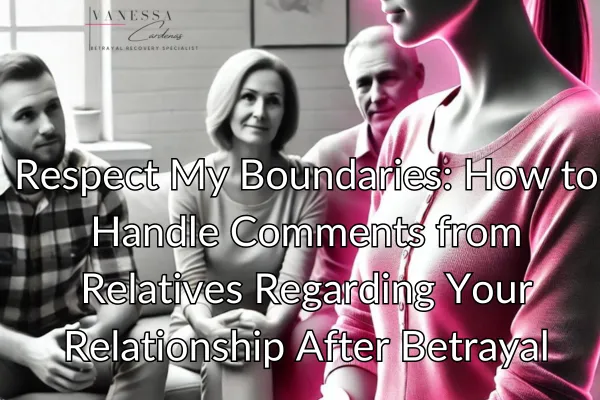When the Bedroom Goes Silent: Sexless Marriage, Disconnection, and the Digital Escape
Published on: 12/08/2025
A grounded look at sexless marriage, emotional disconnection, and digital escape, with practical steps couples can use to rebuild intimacy and trust.
Communication







